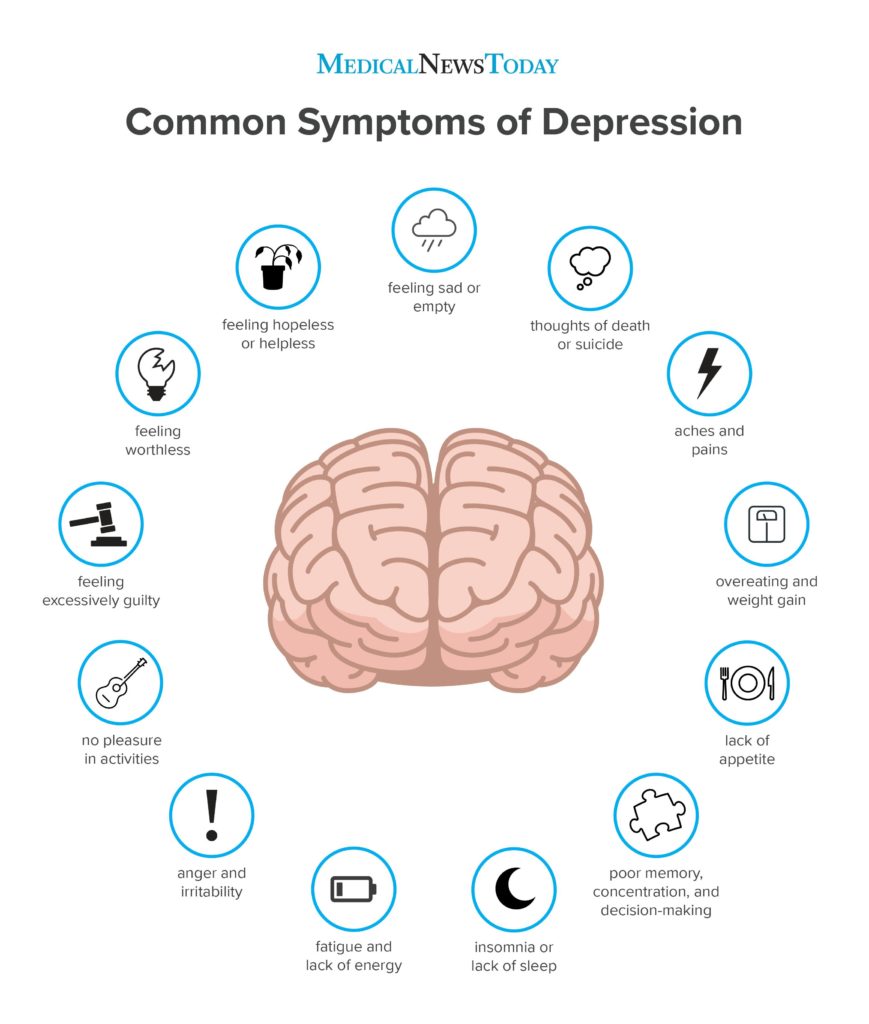Not only does sadness continue and intense or, rather, desperate, discouraged or “deep down” indicate depression. In fact, sadness as a symptom may not manifest in a depressed person, with his cousin being irritability.
Yes, strange as it may seem, a depressed person may not be sad but may be angry, unstable or frustrated, somatic complaints, moodiness, discomfort, physical pain, emotional roller coasters, etc. , all of this can replace sadness as a symptom of an emotional problem like depression.
- Therefore.
- We could say that expressions of anger.
- Such as insensitivity.
- Irritability.
- Aggression and “authoritarian” behavior.
- Are sometimes cries that demand to come out of the dark hole where depression suffocates.
According to the Diagnostic Manual for Mental Disorders in the latest version (DSM-5) and the International Classification of Diseases (CIE-10), a clinical diagnosis of depression may be made if the person has, among other conditions, irritability rather than sadness. .
In other words, if a person who is constantly in a bad mood shows persistent anger, a tendency to react to events with tantrums, insults, or an exaggerated sense of frustration at unimportant things, he or she may immerse himself in a depressive mood. .
In children and adolescents, an irritable or unstable mood may manifest itself more than a sad and discouraged mood. This should be differentiated from the model considered “spoiled child”, with irritability in the face of frustrations.
However, it should be noted that just as sadness alone is not a sufficient criterion for depression and requires other connotations to be considered pathological, so is irritability.
In order to diagnose depression according to the above classification systems, these two distinct conditions are necessary, but not sufficient, so it cannot be interpreted as being sad or angry enough to be depressed.
Sadness and irritability, in themselves, are healthy emotional states, because they seek to inform us that there is something that bothers and harms us, they only become pathological when they distort our lives and deteriorate our social and professional sphere too much for a long time. Time.
In general, we should be careful with irritability because it can make us do anything without taking into account the negative consequences, so a persistent condition tinged with this characteristic instability can be devastating.
You easily lose the line, make unpleasant comments, be less tolerant, get impatient, feel nervous, show restlessness, have inappropriate reactions, start to distance yourself from some people because they are unpleasant, etc. All this indicates that something is wrong with life itself. and that action must be taken.
Therefore, the anger or irritability that occurs when we suffer from depression is a way of externalizing what we feel and do not express, it can be said that the depressed person has the feeling of being oppressed, of wearing a handkerchief that weighs tons.
This makes her feel overwhelmed, vulnerable, with the impression that this handkerchief does not let her walk, which makes her difficult to live and breaks down her spirits, causing instability and the difficulty that these people have to carry out their daily activities.
Therefore, with the little force that allows them to have this dark handkerchief manage, at most, to eat something and sleep, it is the weight of anxiety, which results in a suffocating reality of sadness or irritation depending on the person and, of course, the moment.

